Ever been caught off guard by a question that seemed simple, yet you couldn’t find the answer? Welcome to the intriguing world of mind trick questions with answers These brain teasers aren’t just about testing your knowledge, but also about challenging your thinking patterns and pushing the boundaries of your logic.
In this article, we’ll delve into some of the most baffling mind trick questions with answers, along with their surprising answers. We’re not just aiming to stump you, but also to sharpen your cognitive abilities and enhance your problem-solving skills. So, brace yourself for a mental workout that’s sure to leave you scratching your head and wanting more.
Mind Trick Questions With Answer

Diving deeper into the realm of mind trick questions with answer, we delve into their underlying psychology and benefits. Catering to the inquisitive minds, this section provides insights into what makes these questions tick and why engaging with them can be beneficial.
The psychology of mind trick questions with answers lies in their purpose: they’re designed to confuse or deceive. These questions rely on ingrained cognitive biases, exploiting them to lead toward an incorrect answer. For instance, considering the classic question “If a plane crashes on the border of the US and Canada, where do they bury the survivors?” The trick lies in the ingrained cognitive bias that makes us assume people in a crash must be dead. These questions compel the mind to reassess its conclusions, giving it a flexing routine by challenging preconceived thinking patterns.
Benefits of Engaging with Mind Trick Questions
Engaging with mind trick questions with answers holds multiple benefits. They test knowledge, enhance cognitive abilities, and improve problem-solving skills by challenging conventional thinking. Mind trick questions, such as “What can be broken, but is never held?” (answer: a promise), force us to consider different interpretations. Reinforcing critical and lateral thinking, brain stumps like these often have multiple solutions, encouraging creative problem-solving. Hence, they can serve as effective tools in stimulating mental agility while providing an interesting twist to conversations.
Popular Types of Mind Trick Questions

Diversely formed, mind trick questions with answers commonly fit into three categories: riddles, logic puzzles, and optical illusion questions. Each variety has a unique way to challenge cognitive boundaries and shift conventional perspectives.
Often loaded with strategic ambiguity, riddles sow seeds of confusion to mislead the listener. They’re intricate concoctions of metaphorical language and imagination, designed to challenge conventional wisdom. For example, consider the following riddle: “What has keys but can’t open locks?” The answer, quite unexpectedly, is a piano. Here, the traditional association of keys with unlocking is exploited to create confusion and it’s the listener’s task to decode this linguistic distortion.
Logic Puzzles
Logic puzzles stretch cognitive skills by proposing scenarios that demand strategic reasoning rather than factual recall. They test the ability to systematically gather information, identify patterns, and draw conclusions. A classic instance is the Zebra Puzzle, also known as Einstein’s Riddle. This puzzle involves multiple pieces of information, like “The person who drinks water lives next to the zebra owner,” and requires the solver to deduce the correct arrangements based on these clues.
How to Solve Mind Trick Questions

Using Mind Trick Questions with answers, individuals boost critical abilities and improve problem-solving skills. They present a mental workout, encourage creative thinking, and stimulate fascinating discussions.
Mastering Mind Trick Questions with answers often involves employing sharp reasoning and analytical skills. For instance, answering complex brain teasers may require discerning underlying patterns, tackling them step by step, or applying lessons from previous experiences. Applicaton of a mix of deductive reasoning – starting from a general premise to arrive at a specific conclusion – and inductive reasoning – drawing general conclusions from specific examples – often proves beneficial. Sure, it seems challenging, but it’s surprisingly fun once the art of reasoning is learned.

